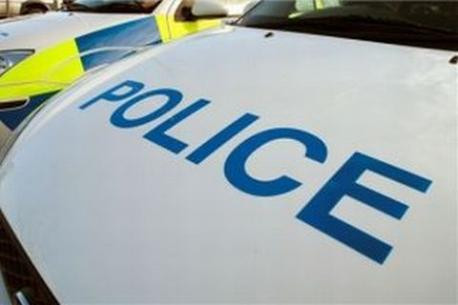Shoplifting on Rise in Austerity Britain, Figures Show

Crime figures in the UK are falling, but the statistics show a steep rise in 'austerity crimes' such as shoplifting, pickpocketing and fraud.
Surprise figures published this week show overall levels of crime in England and Wales have fallen to their lowest level in 32 years.
Crime has fallen by an unexpected 10% over the past year, the Crime Survey for England and Wales reveals, and 58% since the peak in 1995, when 18 million offences were committed. The survey estimates that 8m offences were committed in England and Wales in the 12 months to September 2013 – the lowest number since the survey began 32 years ago and the longest sustained decline since the second world war.
The drop occurred across most types of offences, including a drop in the murder rate to 542 homicides recorded by police from 553 the previous year. All types of violent crime are down by 13% and household crime such as burglary is down by 10%. A 34% increase in fraud offences was attributed to a move to a central system for recording these crimes.
The survey is based on interviews with 40,000 members of the public about their experience of crime and is a measure of crime against adults and households. It is conducted independently of the police.
But the more detailed police-recorded crime figures show "signs of increasing upward pressure" in specific austerity-related crimes. There was a 4% rise in shoplifting, up by more than 11,000 to 313,693 offences, the highest level since 2008-9. Police-recorded crime figures also showed a 7% rise in "theft from the person", which includes pickpocketing, to 110,408 offences.
Police-recorded crime figures are contentious. This month the crime reporting system lost its status as a national statistics provider after the UK National Statistics Authority said there was "accumulating evidence" that they were unreliable and that quarterly crime figures had showed "a degree of fiddling".
The number of sexual offences recorded by police increased by 17%, which the Office for National Statistics said "is likely to be partly due to a continuation of a 'Yewtree effect', whereby a greater number of victims have come forward to report historical sexual offences to the police."
There was a 122% rise in the number of historical sex crimes - those that happened more than 20 years ago - recorded by police in the year to September 2013.
After the revelations of child sex abuse by Jimmy Savile came to light the previous October there was a 35% rise in the reporting of sex crimes that had happened between one and 20 years ago and an 11% increase in crimes that took place in the past 12 months, according to police figures.
© Copyright IBTimes 2025. All rights reserved.



















